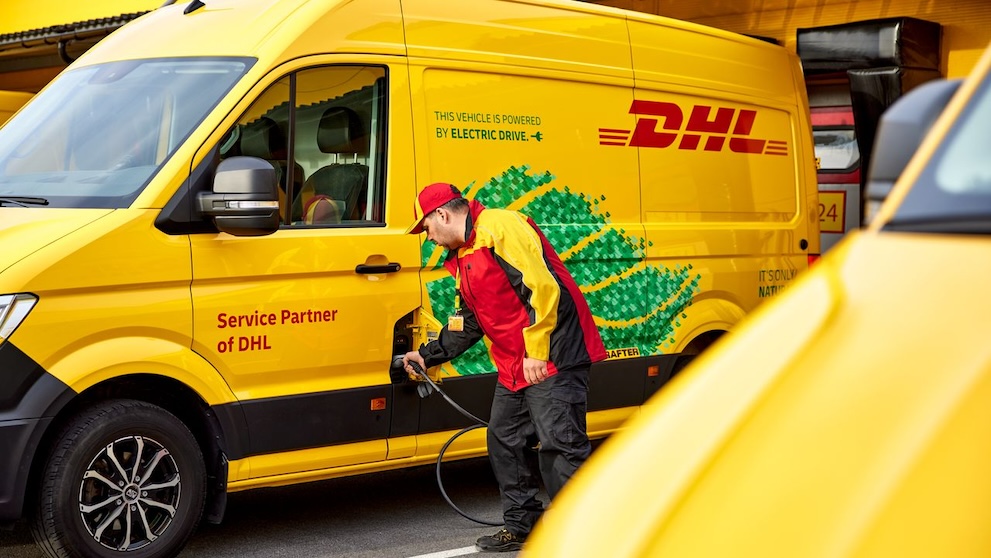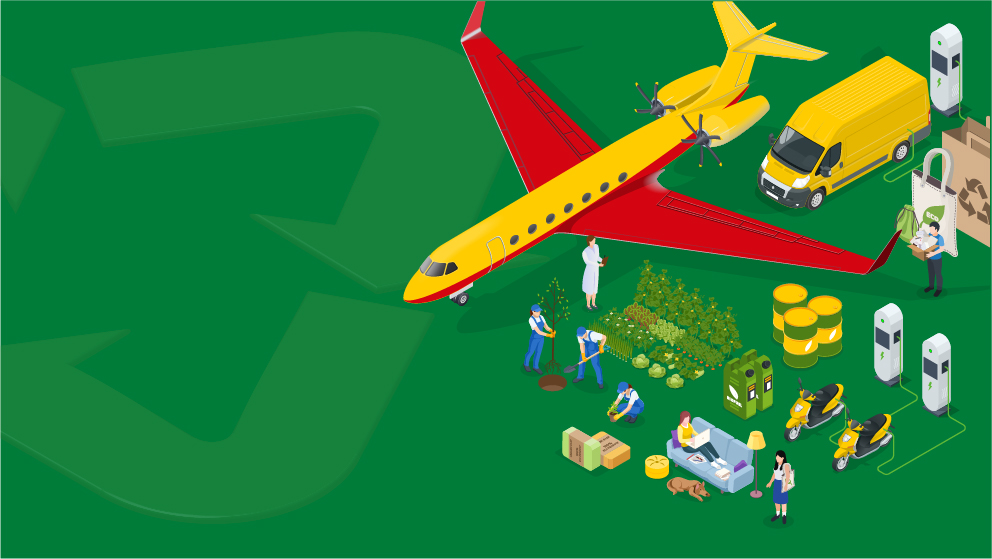The concept of sustainability in today's rapidly changing world has evolved from a mere buzzword to a fundamental driver of societal progress. The global landscape has seen a massive shift towards sustainable development in recent years, including paying more attention to the United Nations' 17 Sustainable Development Goals (SDGs).
The SDGs are a universal call to end poverty, protect the planet, and ensure all people enjoy peace and prosperity by 2030. Below are the 17 SDGs in Myanmar:
- No poverty;
- Zero hunger;
- Good health and well-being;
- Quality education;
- Gender equality;
- Clean water and sanitation;
- Affordable and clean energy;
- Decent work and economic growth;
- Industry, innovation, and infrastructure;
- Required inequalities;
- Sustainable cities and communities;
- Responsible consumption and production;
- Climate action;
- Life below water;
- Life on land;
- Peace, justice, strong institutions, and
- Partnerships for the goals
As businesses aim to grow and contribute to the nation's economic development, they have a unique opportunity to embrace sustainability and play a pivotal role in achieving the country’s SDGs.
Rise of sustainable development amongst e-commerce businesses
E-commerce businesses form a significant proportion of sales in the ever-evolving landscape of retail and have the potential to lead the charge towards a more sustainable future. According to Statista, these businesses account for 20.6% of retail sales in 2022. They are still growing steadily and are expected to take up 25% of retail sales by 2026.
Globally, 82% of shoppers also increasingly seek products and services that align with their values, according to a Harris Poll research commissioned by Google Cloud. Moreover, three-quarters of shoppers surveyed mentioned they had parted ways with a brand over a conflict in values.
As environmental concerns continue gaining momentum, businesses across all sectors face mounting pressure to embrace sustainable development practices. From small start-ups selling locally to established giants in Myanmar exporting to the United States, they are now finding innovative ways to reduce their carbon footprint and actively integrating sustainability into their business models.
Let’s explore them.
3 tips on how companies can help Myanmar reach its SDGs
To embrace sustainability and make a positive impact, businesses can take proactive steps towards becoming more eco-friendly.
Tip #1: Sell environmentally-friendly products
One of the most impactful ways both big and small e-commerce businesses can help reach the sustainable development goals is to offer eco-friendly products. This involves sourcing and selling items made from reusable, biodegradable, or sustainable materials, which have a lower environmental impact than conventional products.
For example, clothing companies can source and sell garments made from organic cotton, hemp, or recycled materials. By curating a catalogue of green products, businesses not only attract environmentally conscious customers but also contribute to the reduction of harmful waste. Running a textile business? Check out our guide to packing and shipping clothing.
Using eco-friendly materials to pack your products can also significantly reduce a company's environmental impact. For example, companies in the food industry can opt for biodegradable or compostable packaging made from plant materials like cornstarch or bagasse. This is a great green alternative to conventional plastic packaging that can take hundreds of years to decompose.
Tip #2: Minimise customer returns
Another way businesses can help achieve sustainable development goals is to minimise customer returns. These returns usually result in significant environmental costs due to increased transportation and packaging waste.
E-commerce businesses can proactively minimise returns by providing detailed product descriptions, accurate sizing guides, and high-quality product images. For instance, if you're selling furniture, mention the type of wood used; dimensions; style; weight capacity, and assembly requirements. Do also include high-resolution images from various angles.
All these help customers understand exactly what they're purchasing, reducing the risk of return, which lessens transportation-related carbon emissions, excess packaging, and waste from discarded products.










